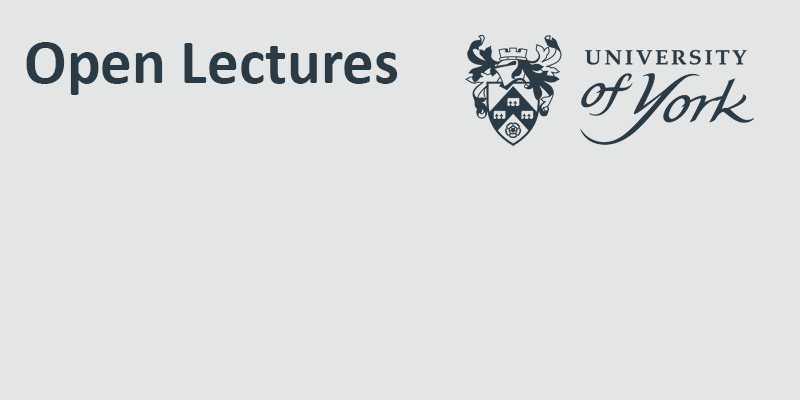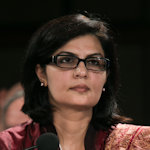
CANCELLED - Precision safety nets: A potential third health systems model for universal health coverage Dr Sania Nishtar, Special Assistant to the Prime Minister of Pakistan
Event details
Annual John Snow Lecture
Due to unforeseen circumstances this lecture is cancelled. Apologies for any disappointment.
Over the century, two major health systems financing models have emerged, globally. The “Bismark model” with insurance-based financing as its bedrock, and the “Beveridge model” which aims to provide healthcare, free at the point of service. Both these models are limited in their ability to provide Universal Health Coverage (UHC) on their own in mixed health systems. Such systems exist in most developing countries and are characterized by co-existence of both public and private providers, and predominance of out-of-pocket expenditures as a means of health financing.
Even when insurance is adopted at large scale in such settings, unaffordable catastrophic premiums cannot cover catastrophic expenditure, and the informal sector cannot be catered for. Precision safety nets (PSN) can provide a solution to deliver UHC in such settings, when combined with other financing mechanisms. This involves a fund combined with a case-based purchasing and precision payment system (PPPS). In addition to its potential to achieve the UHC end point, a PSN, when combined with a health loans window, can also open another space for health financing. It can additionally serve as a policy tool to compel quality regulation for the private sector, which has remained a challenge especially in unregulated contexts. Furthermore, PSN and PPPS mechanisms can act as a glue in the new digital innovation healthcare ecosystem, where standalone innovations need to be drawn in health systems structurally and sustainably to enhance quality and equity.
NB. There will be refreshments served from 5.30pm ahead of the event.

Dr Sania Nishtar
Dr Sania Nishtar is Prime Minister of Pakistan’s Special Assistant and Federal Minister, Poverty Alleviation and Social Protection. She also chairs the Benazir Income Support Program, Pakistan’s biggest safety institution, and the government of Pakistan’s Council on Poverty Alleviation.
Dr Sania Nishtar is also the co-chair of World Health Organization’s High-Level Commission on Non-communicable diseases along with the presidents of Uruguay, Finland and Sri-Lanka. She is also a member and former chair of the World Economic Forum’s Global Agenda Council on the Future of Healthcare and has recently chaired the U.S National Academy of Sciences Global Study on the Quality of Healthcare in low and middle-income countries. In addition, she also chairs the United Nations International Institute for Global Health’s Advisory Committee. She has founded the NGO Heartfile in Pakistan and has also previously served as a federal minister in the Pakistan government in 2013.
In 2017, she was Pakistan’s nominee for Director-General of the World Health Organisation and was in the final shortlist of three. Earlier she was also founding Chair of the UN Secretary General’s Independent Accountability Panel for Women’s and Children’s health and chaired WHO’s Commission on Ending Childhood Obesity. She has received many international awards for her work and is widely published. Sania Nishtar graduated from Khyber Medical University as the best graduate in 1986. She is a Fellow of the Royal College of Physicians and took a Ph.D at Kings College London.
Venue details
Contact
Jane Milsom